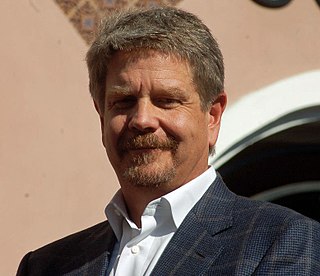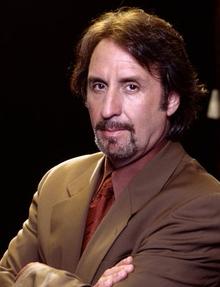A Quote by Alfonso Cuaron
I used to be very controlling with visuals and editing, and I would pretty much craft the performances; now I have learned to trust the material and the actors.
Related Quotes
I used to pre-rehearse everything and then bring my pre-rehearsed performance to the set. Now, I'm learning to let it happen in the moment. American actors are much better at that than British actors. If I knew how to trust myself, I would have been much more relaxed. Maybe I would have less gray hairs today.
I'd like to drill in a little more detail into one aspect of cutting which is particularly close to me and that's dialogue editing. It is a vital part of editing especially in animated film, but in the end it is usually completely transparent to the audience. The vocal performances are reported for over several years and the actors are very rarely in recording studios together. That's why the editor has got to all these different performances and edit them together to create the illusion of spontaneity and real action.
I learned a lot from Clint [Eastwood], who's an extremely economic director. I learned a lot from Michael Winterbottom, who really gave a lot of trust in the actors and allowed them to live in the space instead of trying to manipulate and make it too set and too staged. Working with [Robert] De Niro taught me a lot of being an actors' director and what that is. I've learned a lot from pretty much everybody. Hopefully I've picked up something from everybody I've worked with.
I think people hate me pretty much across the board, which is nice. I mean, it's a pretty evenhanded loathing among a certain amount of the critical population, which used to be about 80 percent. So now I've gotten to the point where I just don't worry about it that much. It used to be very upsetting, now it's only mildly upsetting.
I've consciously taken on material that's a bit too much for me but not an overreach. The first movie, just about performances. 'The Town,' I learned how to work broader material, develop tension, direct bigger scenes, action sequences. 'Argo,' I experimented with film stock, widened the scope of my geography.
We swung over the hills and over the town and back again, and I saw how a man can be master of a craft, and how a craft can be master of an element. I saw the alchemy of perspective reduce my world, and all my other life, to grains in a cup. I learned to watch, to put my trust in other hands than mine. And I learned to wander. I learned what every dreaming child needs to know -- that no horizon is so far that you cannot get above it or beyond it.
I had worked for a lot of directors whose work I didn't respect, and as I was editing material, I was thinking about how I would have shot the scenes and what I would have done to make the scenes better. After several years of that, I got to the point that I was pretty confident I could sit in the director's chair.




































